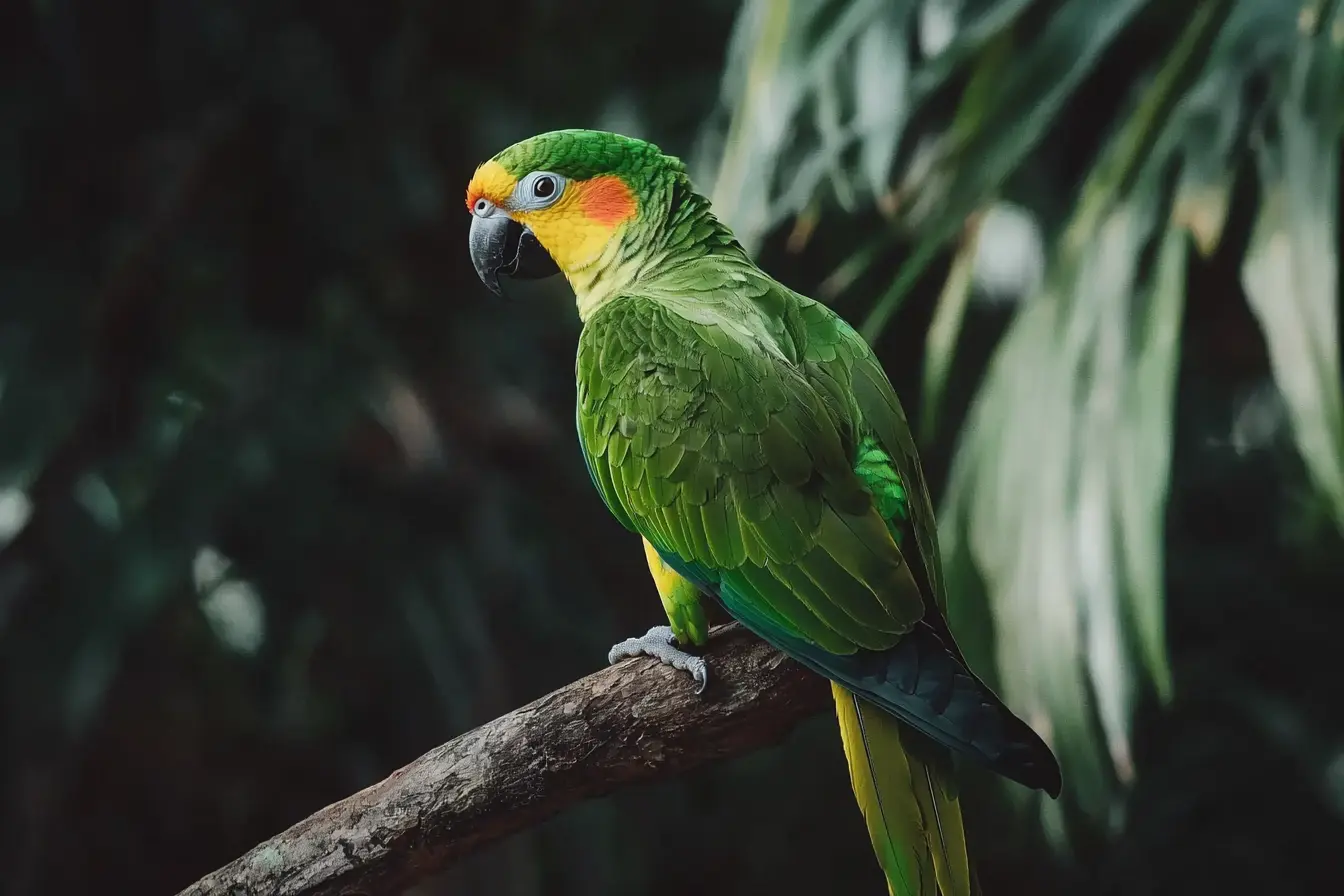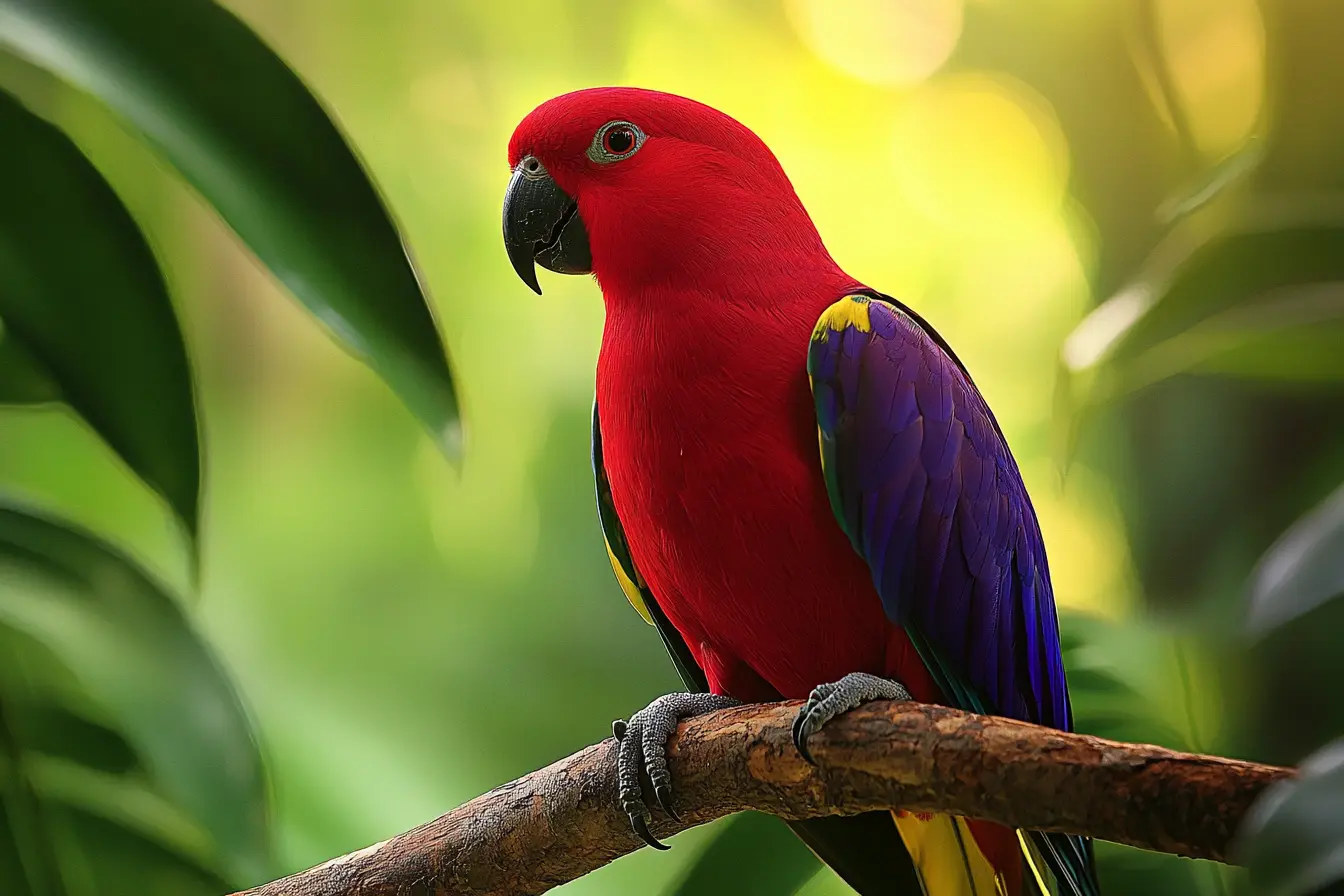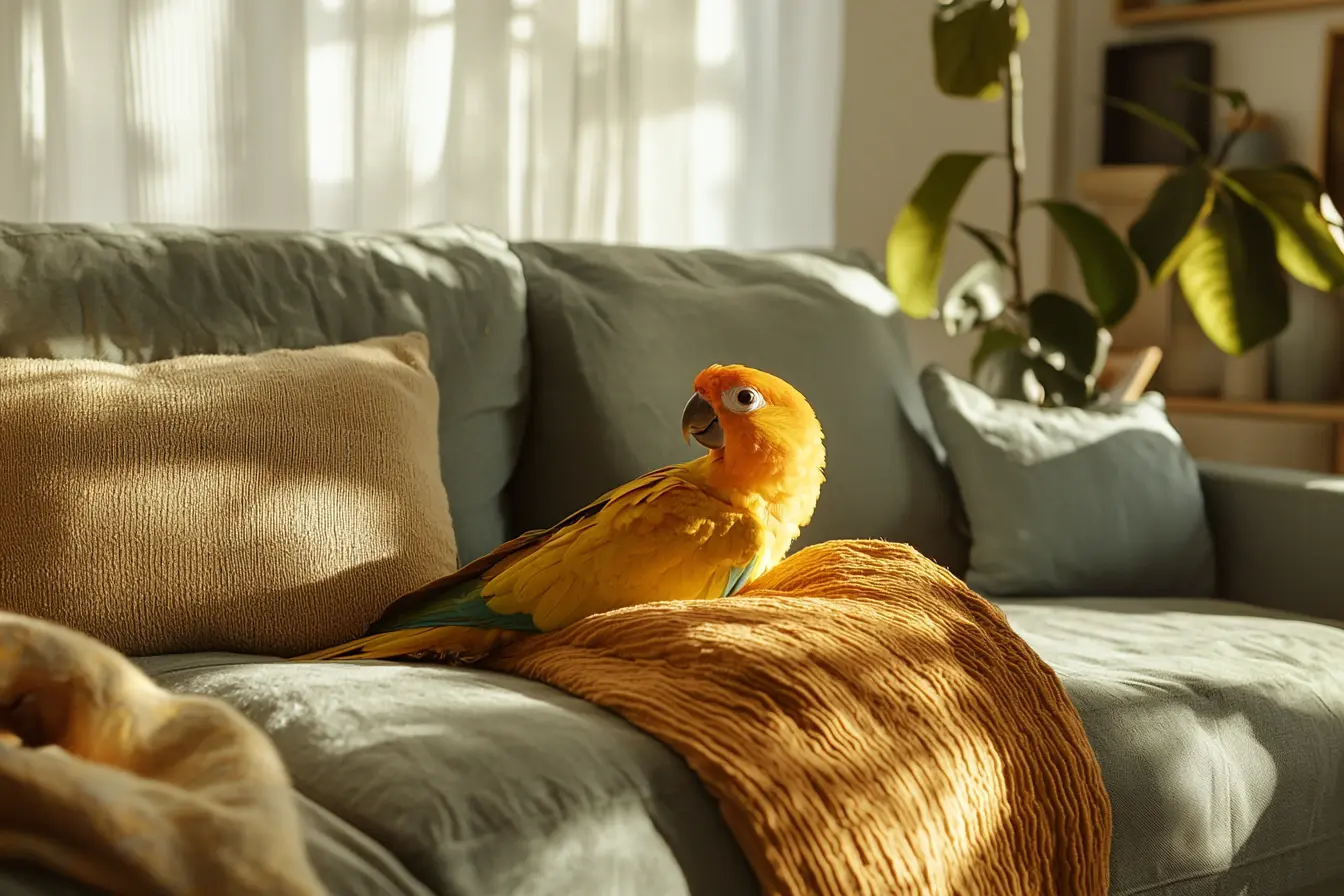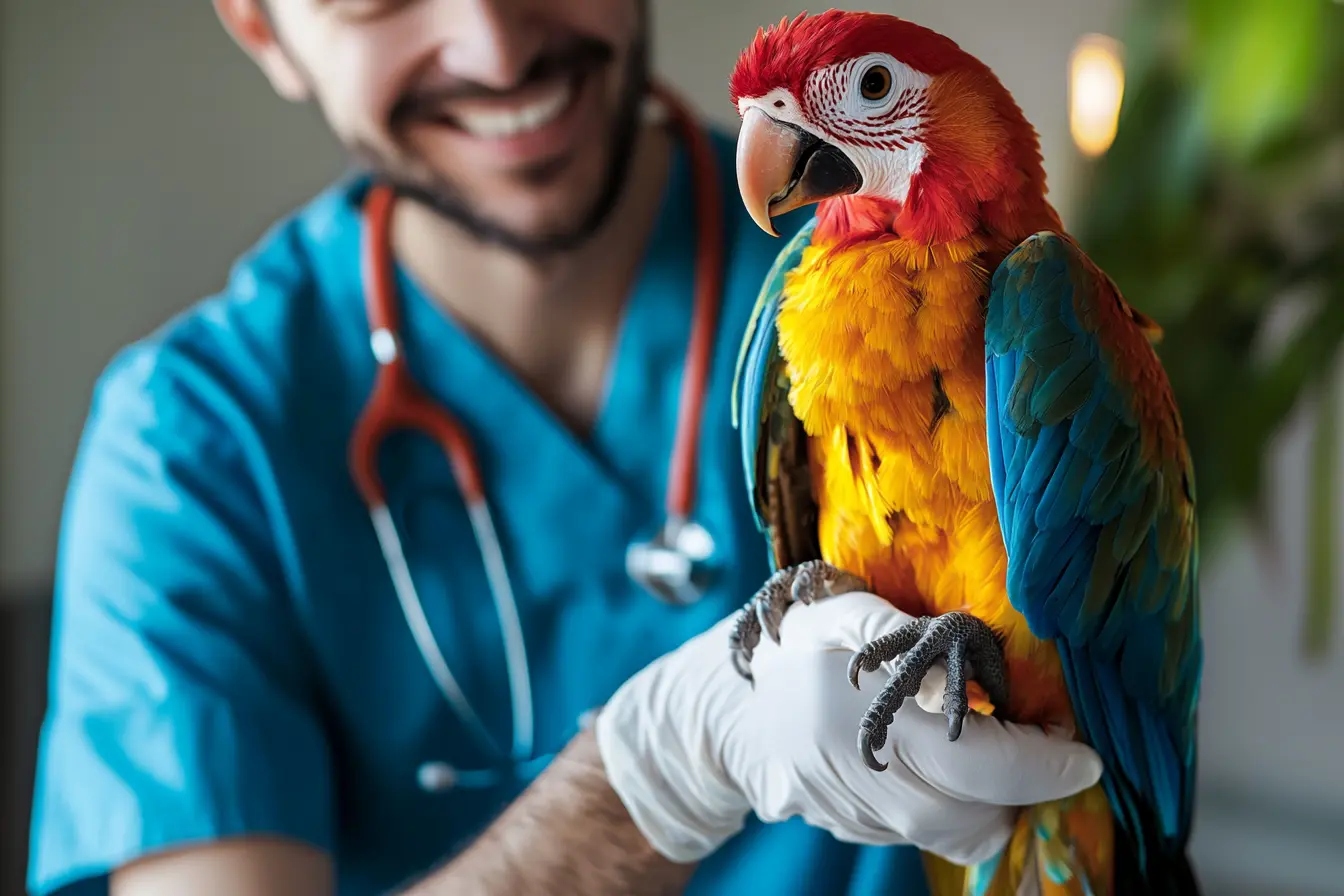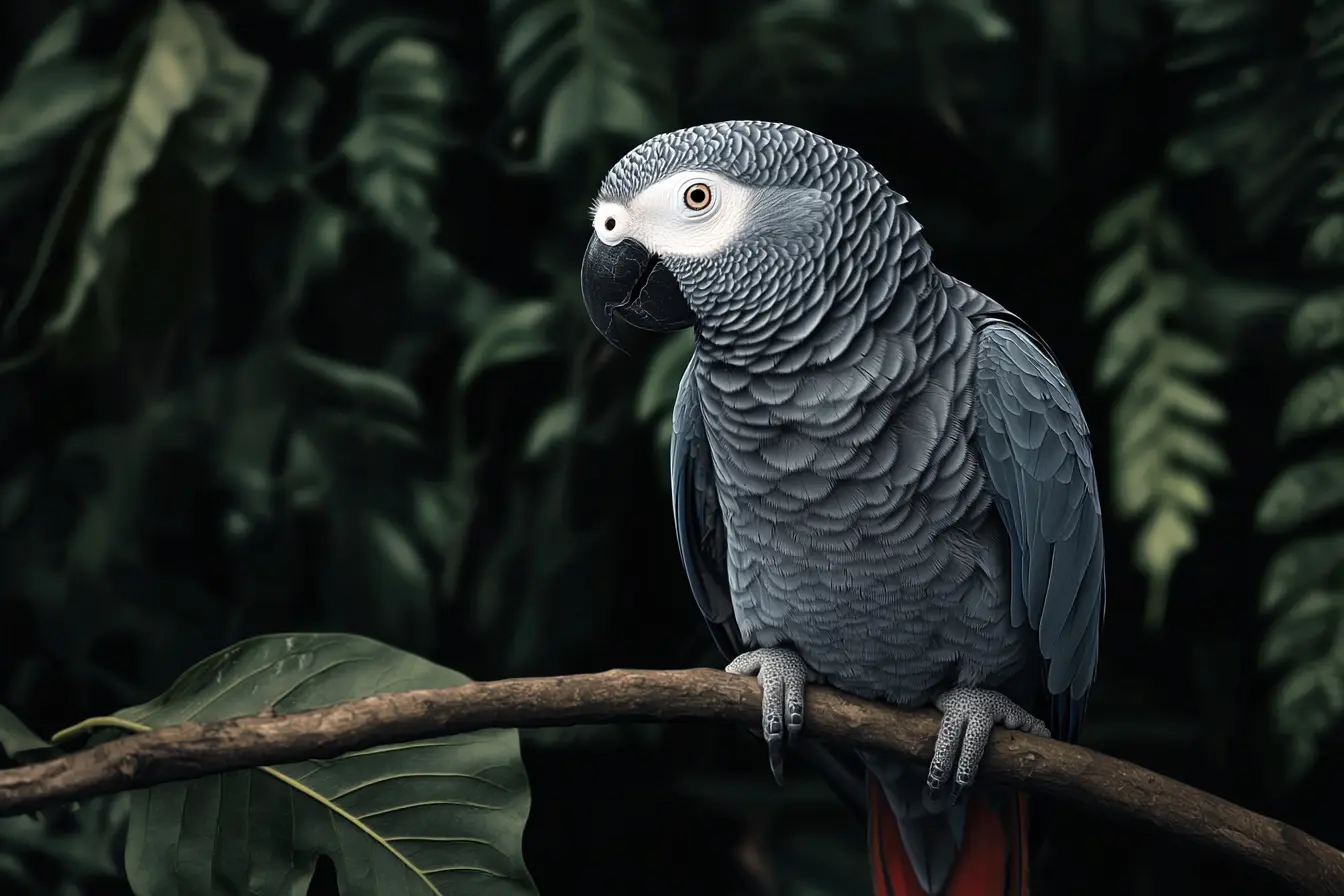
The Comprehensive Guide to Owning an African Grey Parrot
African Grey Parrots are renowned for their intelligence, remarkable mimicry abilities, and sensitivity, making them one of the most popular and beloved pet birds in the UK. If you are considering adding an African Grey to your family, understanding their complex needs is essential for building a fulfilling relationship and ensuring their well-being. This guide covers all the crucial aspects you need to know.
Choosing Your African Grey
Types of African Greys
There are two main species of African Grey Parrots commonly kept as pets:
- Congo African Grey: Larger, with light grey feathers and a bright red tail.
- Timneh African Grey: Smaller, with darker grey feathers and a maroon tail.
Where to Buy
- Reputable Breeders: Purchasing from a reputable breeder ensures the birds are healthy, well-socialised, and have been raised in a nurturing environment.
- Specialised Aviaries or Pet Stores: These should have knowledgeable staff and high standards of bird care.
- Rescue Centres: Adopting an African Grey can be rewarding. Many birds in rescues are looking for new homes due to the longevity and demanding nature of their care.
What to Look For
- Health: Look for a bird that is active, alert, and has smooth feathers. Check for bright eyes and clean nostrils.
- Behaviour: The bird should be curious and interactive, not displaying excessive fear or aggression.
Setting Up Your Home
Cage Requirements
- Size: The cage should be as large as possible, at least 2 feet deep by 3 feet wide by 4 feet tall. African Greys need room to move, stretch, and play.
- Placement: Position the cage in a quiet yet integrated area of your home to avoid isolation and overstimulation. Avoid direct sunlight and drafts.
Essentials
- Perches: Provide several perches of varying diameters to promote foot health.
- Toys: Offer a variety of toys to chew, destroy, and manipulate to keep the bird mentally stimulated and physically active.
- Food and Water Dishes: Choose sturdy dishes that can be securely attached to the cage to prevent tipping.
Nutrition
Diet
- Pellets: A high-quality pelleted diet should form about 75% of your parrot's diet.
- Seeds and Nuts: These should be given sparingly as treats due to high fat content.
- Fresh Foods: Daily vegetables and occasional fruits are essential. Avoid avocado, chocolate, and anything high in fat or sugar.
Foods to Avoid
- Common toxic foods include avocado, chocolate, and caffeine. Also, avoid foods high in fat and salt.
Health and Maintenance
Regular Vet Visits
- Schedule regular check-ups with an avian veterinarian experienced with African Greys.
- Signs of Illness: Be vigilant about changes in behaviour, feeding, or droppings, which might indicate health issues.
Daily Care
- Cleaning: Clean the cage and accessories daily to prevent bacterial growth and maintain a healthy environment.
- Bathing: Regular showers or misting will help keep the parrot’s feathers in good condition.
Social Interaction and Training
Interaction
- African Greys require substantial interaction with their owners to remain mentally healthy and prevent behavioural issues.
- Socialisation: These birds need social interaction not just for bonding but also for their emotional well-being.
Training
- African Greys are highly intelligent and can learn a variety of tricks and commands. Positive reinforcement techniques work best.
Legal Considerations
CITES Regulations
- African Grey Parrots are listed under CITES, so ensure any bird you purchase is compliant with these international regulations, including proper documentation.
Conclusion
African Grey Parrots make incredibly rewarding companions for those who are willing to invest the time and resources into their care. They require a substantial commitment in terms of space, social interaction, and mental stimulation. With the right care, African Greys can become lifelong companions, often living up to 60 years or more. By understanding and meeting their needs, you ensure a healthy, happy life for your African Grey, filled with communication and mutual respect.
Vets near you
Speciality vets
- Aquatics vet specialists
- Birds vet specialists
- Camelids vet specialists
- Cats vet specialists
- Cattle vet specialists
- Deer vet specialists
- Dogs vet specialists
- Equines vet specialists
- Exotic vet specialists
- Goats vet specialists
- Pigs vet specialists
- Poultry vet specialists
- Sheep vet specialists
- Small Mammals vet specialists
- Wild vet specialists
Vet facilities
- Accessible by public transport
- Blood testing
- Car park nearby
- Client car park
- Dentistry
- Diagnostic imaging
- Disabled public access
- Flea and worm treatments
- Microchipping
- Mobile services
- Neutering
- Open at weekends
- Out-of-hours service
- Referral interests
- Referrals only
- Street parking outside
- Toilets available
- Vaccinations
